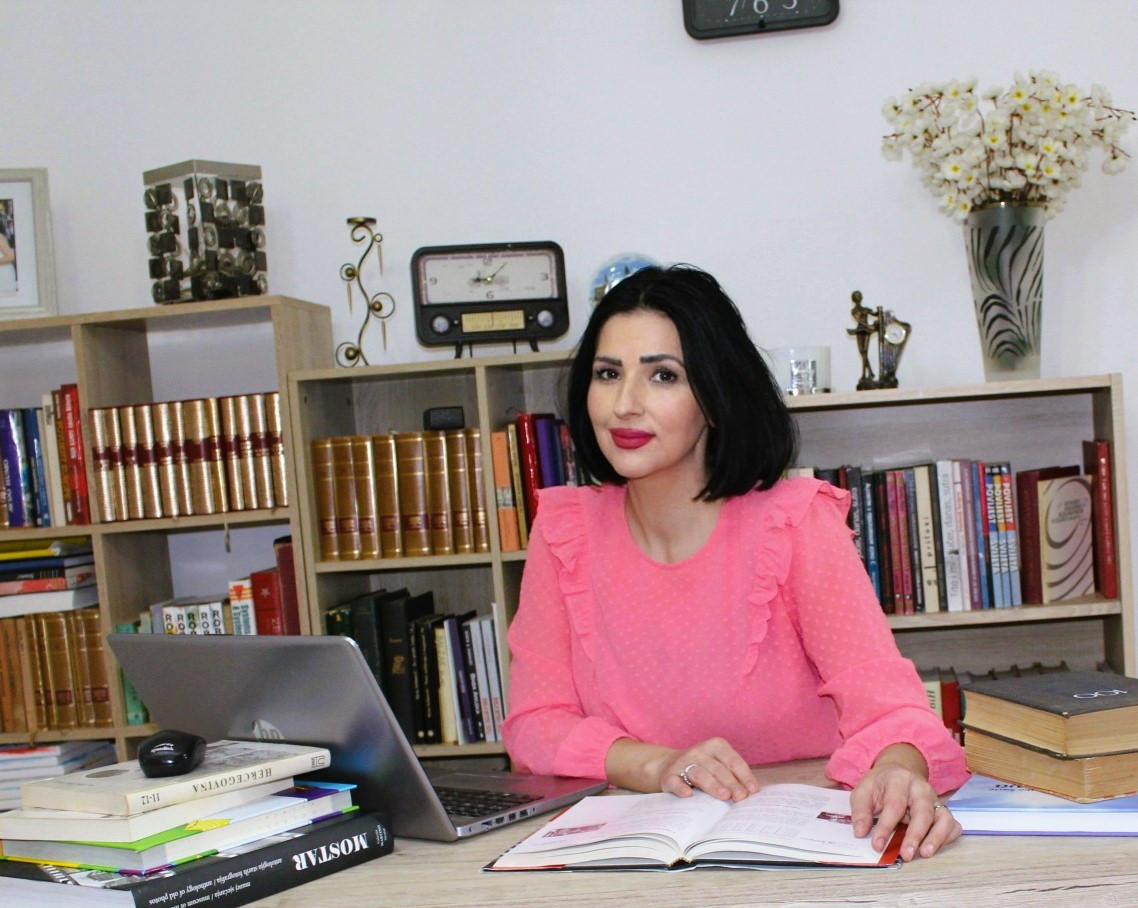History through the Lens of Women: A New Tourist Offering in Mostar
Published: Mar 8, 2024 Reading time: 5 minutes Share: Share an articleWith the life motto that "history is the best teacher," Alma Pelo Zagorčić, with the support of her colleagues from the Citizens' Initiative and the Mostar Project, has brought forgotten women of Mostar and its surroundings back into the public sphere.

"For the past two years, we've been continuously working on promoting and presenting women from Mostar's past and present, aiming to affirm women and their contributions to society through a different culture of memory," says Alma.
The United Kingdom Government, through the Mostar Project – Spaces to Activate and Rejuvenate , recognized the Initiative's longstanding work, as well as the role of history in creating a more inclusive and progressive society, and financially supported the implementation of the "Paths of Unseen Mostar Women" project.
"Through the project, we've emphasized the stories of women from different historical periods, ranging from the past to the present, to encompass a wide range of epochs and changes. Thus, the feminist tour covers the period from the Middle Ages when Bosnian Queen Katarina lived to contemporary Mostar swimmers like Lana Pudar and Amina Kajtaz," Alma emphasizes.
Authentic Experience of Mostar
The approach that recognizes women's exceptional contributions and celebrates the city's rich history has been acknowledged by local tourist agencies interested in incorporating the feminist tour into their offerings. Fortuna Tours is the first agency to offer visitors the opportunity to walk in the footsteps of Mostar's heroines.
Alma’s office is almost like a historical archive – taking any guest on a trip time through the hundreds books and magazines documenting both past and present of Mostar.
"Discovering previously unknown stories and contributions of women from Mostar has deeply instilled in me profound respect for their life journeys and achievements. These are stories of courage, perseverance, and exceptional contributions that women have brought to our community, often without recognition or deserved praise,” Alma shares.
“On a personal level, encountering the life stories of these inspirational women has prompted me to reflect on the importance of recognizing invisible narratives and the necessity of promoting gender equality in all spheres of society."
Studying Local History
She hopes that this small part of Mostar's uncovered past, viewed from a feminist perspective, will encourage citizens to study local history and inspire new generations proud of their cultural heritage.
"Often, through formal education, we focus extensively on world history and the study of global changes. Of course, understanding world history is essential, but it would be much more significant to focus on local figures and to tell our children stories of local heroes and heroines," Alma says.
In addition to affirming overlooked perspectives, Alma's desire is to motivate citizens to reach out with ideas for expanding the route with other notable women and locations.
"In the process of researching the lives and work of women in Mostar, our fundamental starting point was gathering oral traditions, which proved to be an invaluable resource. Oral stories provided insights into women's lives and their importance in the local community. Particularly valuable was the dialogue about lesser-known women, such as Zarifa Bijedić, where the individuals we spoke with expressed surprise and interest in the lives of women whose contributions were often overshadowed by better-known male figures, like Džemal Bijedić," Alma points out.
Revitalizing History through Space
To ensure reliability and deeper understanding, the information gathered was cross-checked using other available sources. Given the absence of a specific monograph exclusively dedicated to women in Mostar, a crucial source for research was the Museum of Herzegovina, the collection of Džemal Bijedić, the Archive of the Herzegovina-Neretva Canton, and newspaper articles such as Glas Slobode. Additionally, the book "Recorded Women of Bosnia and Herzegovina" served as a reference for verifying some data.
Most of the locations on the feminist tourist tour are located in Maršala Tita Street, once the bustling heart of the city, now, except for a few stray tourists, a deserted area within the city.
"With the feminist tourist tour, we aim to revitalize community interest in Tito's Street, inviting visitors to explore and experience the lives and legacies of exceptional women through specific physical locations within the city, with Tito's Street standing out as a particularly important center for these stories," Alma emphasizes.
Gender Equality in Historiography
While walking between the City Spa and the birth house of Džemal Bijedić, Alma touches upon the need for the valorization of women's heritage in the rest of Bosnia and Herzegovina, as well as in the Western Balkans.
"Researching and documenting women's contributions in various cities and regions of Bosnia and Herzegovina would allow for a more comprehensive understanding of women's contributions in society across the country," Alma says.
She highlights that certain countries in the Western Balkans, like Serbia, have previously embarked on consolidating data, thus having much more written information about the heroines from their past.
"Confronting the limitations of historical records underscores the importance of seeking additional sources and employing different approaches to overcome gaps in documentation. Here, I would particularly emphasize inclusivity and the promotion of gender equality in historiography, which would contribute to building a better understanding and respect for women's contributions to history," Alma concludes.
The journey toward broader recognition, appreciation, and celebration of women's heritage is only just starting. Alma is a reminder that we all must do more for the reevaluation and redefinition of traditional norms, thus laying the groundwork for a more inclusive and progressive society – celebrating the positive contributions of all people regardless of their background.

